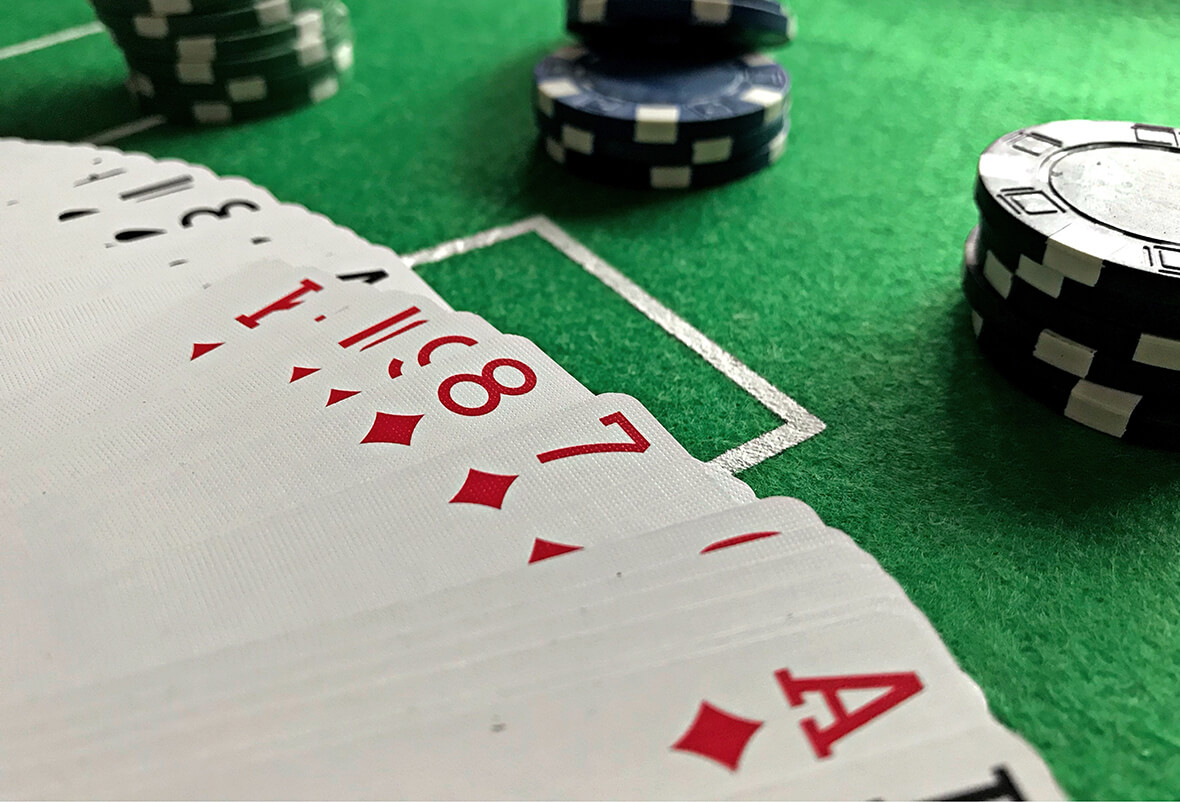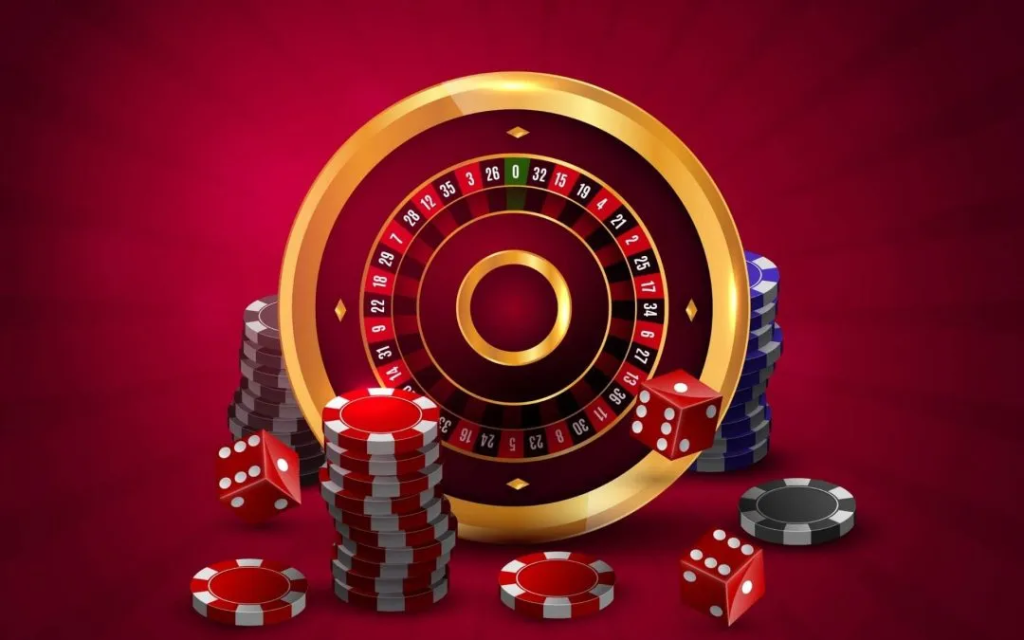A Smart Technique To Help You Beat The House?

Edge sorting is a technique used in advantage gambling where a player determines whether a face-down playing card is high or low by exploiting subtle, unintentional differences on the backs of the cards. This technique is not illegal, but it is considered cheating in civil law, as determined by the England and Wales High Court, Court of Appeal, and UK Supreme Court. Edge sorting involves identifying and exploiting irregularities on the backs of cards, which are typically unintentional and almost indistinguishable. These irregularities can make the high or low value of face-down cards apparent to an observer aware of the difference. The player must request that the dealer rotate high-value face-up cards, saying for example that they feel it will bring them luck. The dealer, indulging superstition, does not realize they are unwittingly orienting the cards such that valuable high cards are oriented one way in the deck. The unintentional card edge irregularity thus makes the high or low value of face-down cards apparent to an observer aware of this.

Edge sorting has been used in various casino games, including baccarat, poker, Caribbean Stud, Mississippi Stud, and blackjack. In baccarat, for example, a player can gain a statistical edge by knowing whether the face-down cards are high or low. This edge can be more than outweighing the house edge, giving the player a significant advantage.
The legality of edge sorting is a complex issue, as it is not explicitly mentioned in the laws of the UK and the US as cheating. However, the technique is considered cheating in civil law, and casinos are justified in refusing payment of winnings to players who use this method.
In 2012, poker player Phil Ivey and partner Cheung Yin Sun won US$9.6 million playing baccarat at the Borgata casino in Atlantic City, New Jersey. In April 2014, the Borgata filed a lawsuit against Ivey and Cheung for their winnings, claiming they did not commit fraud but did breach their contract with the casino. In 2016, a Federal Judge ruled that Ivey and Cheung Yin Sun must repay US$10 million to the Borgata. U.S. District Judge Noel Hillman ruled that they did not commit fraud but did breach their contract with the casino.
Ivey was also reported to have won £7.7 million ($11 million) playing punto banco, a version of baccarat, at Crockfords casino in London. Crockfords refunded his £1 million stake and agreed to send him his winnings but ultimately refused payment. Ivey sued them for payment but lost in the High Court of England and Wales; it was judged that the edge sorting was “cheating for the purpose of civil law.
Conclusion
In conclusion, edge sorting is a technique used in advantage gambling where a player determines whether a face-down playing card is high or low by exploiting subtle, unintentional differences on the backs of the cards. While it is not illegal, it is considered cheating in civil law, and casinos are justified in refusing payment of winnings to players who use this method. The legality of edge sorting is a complex issue, as it is not explicitly mentioned in the laws of the UK and the US as cheating. However, the technique is considered cheating in civil law, and casinos are justified in refusing payment of winnings to players who use this method.
